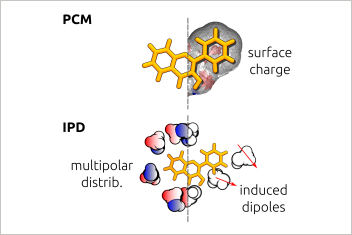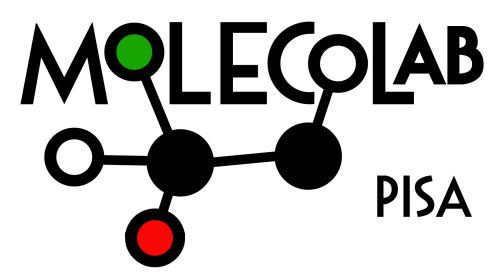
Multiscale models combining quantum mechanical and classical descriptions are a very popular strategy to simulate properties and processes of complex systems. Many alternative formulations have been developed, and they are now available in all of the most widely used quantum chemistry packages. Their application to the study of light-driven processes, however, is more recent, and some methodological and numerical problems have yet to be solved. This is especially the case for the polarizable formulation of these models, the recent advances in which we review here. Specifically, we identify and describe the most important specificities that the polarizable formulation introduces into both the simulation of excited-state dynamics and the modeling of excitation energy and electron transfer processes.
Link: https://doi.org/10.1146/annurev-physchem-090419-104031

